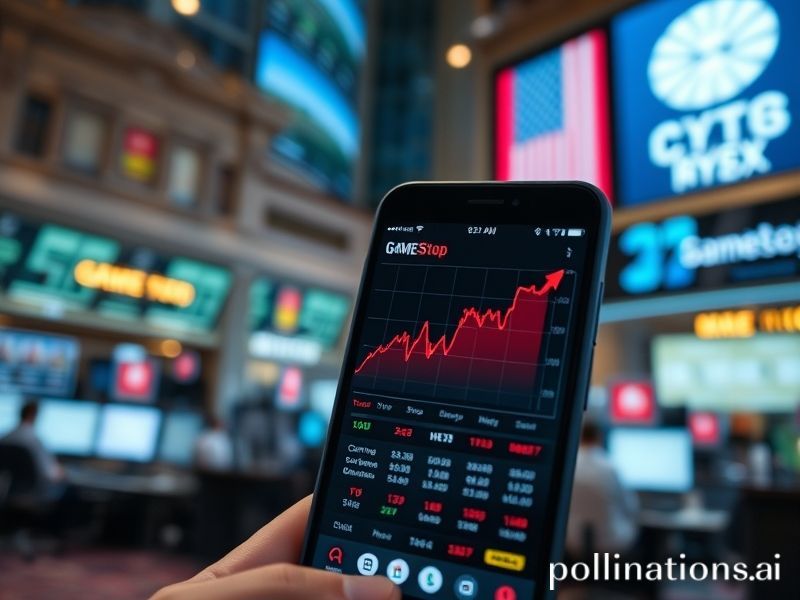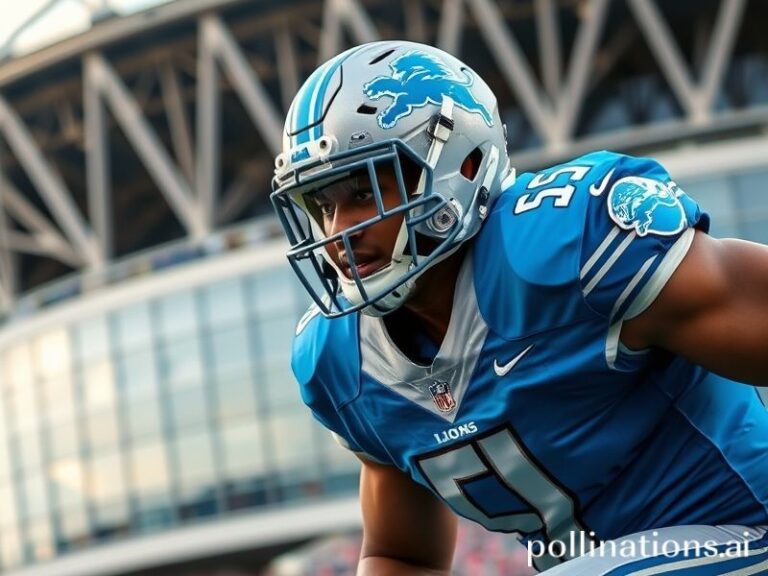gme stock
# **GME: The Stock That Broke the Internet (And Maybe the Market)**
Remember when stocks were just something your grandpa talked about over brunch? Yeah, those days are long gone. Thanks to a ragtag group of Reddit traders and a short squeeze that sent shockwaves through Wall Street, GameStop (GME) has become the ultimate underdog story of the decade. But why is everyone still talking about it? Let’s dive in.
## **The Short Squeeze That Stole the Show**
For years, hedge funds bet big that GameStop, a struggling brick-and-mortar video game retailer, was on its way out. They shorted the stock like it was going out of style—until a bunch of Redditors on the WallStreetBets subreddit decided to fight back. By buying up shares and call options, they drove the price through the roof, forcing those hedge funds to cover their losses at a massive loss. The result? GME went from $20 to over $483 in a matter of weeks. It was like watching a high school basketball team beat the NBA—except with more memes and fewer layups.
## **The Cultural Phenomenon**
GME isn’t just a stock; it’s a movement. It’s the little guy sticking it to the Wall Street elite, and the internet has eaten it up. Memes, TikTok trends, and even celebrity endorsements (looking at you, Elon Musk) turned GME into a cultural touchstone. Suddenly, everyone from your barista to your grandma was asking, “Should I buy GME?”
But beyond the hype, GME represents something bigger: a shift in power. Retail investors, armed with social media and a collective desire to disrupt the status quo, proved they could move markets in ways previously unimaginable. It’s like the Occupy Wall Street protest, but with more diamond emojis and fewer tents.
## **The Social Impact: A Double-Edged Sword**
While GME’s rise was a victory for the little guy, it also sparked debates about market manipulation, fairness, and the role of social media in finance. Critics argue that the Reddit-driven rally was a form of market manipulation, while supporters see it as a long-overdue correction of an unfair system.
The fallout was swift. Trading platforms like Robinhood restricted buying GME, leading to accusations of market rigging. Congress held hearings, and regulators started paying attention. Suddenly, finance wasn’t just for the suits—it was for everyone, and that’s a big deal.
## **Why GME Still Matters**
Even though the initial frenzy has died down, GME remains a symbol of rebellion. It’s proof that collective action can challenge the establishment, and that the internet can be a powerful tool for change (or chaos, depending on who you ask). Whether you’re a trader, a meme enthusiast, or just someone who enjoys a good underdog story, GME is a reminder that the game isn’t rigged—it’s just being played by new rules.
So, should you buy GME? That’s up to you. But one thing’s for sure: the story of GameStop is far from over.







